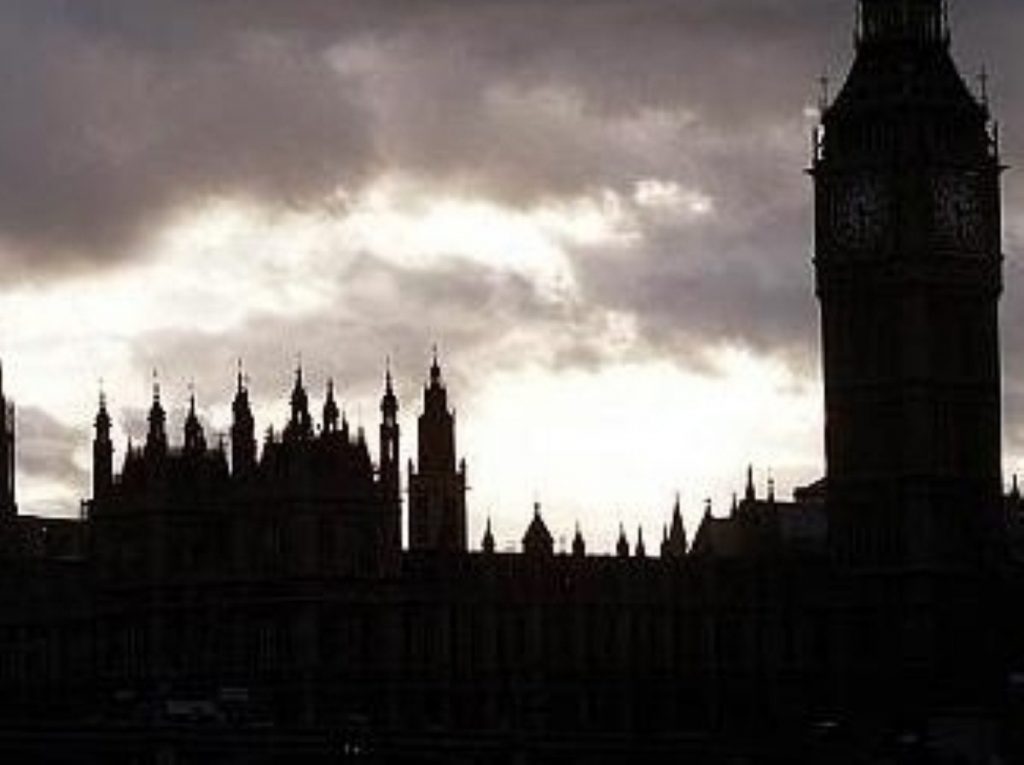Westminster’s ‘dinosaur attitudes’ on race persist
The prospects for ethnic minority politicians are still held back by ‘dinosaur attitudes’ to race among party activists, a thinktank has argued.
A report by Quilliam, the anti-extremist group, interviewed 70 political figures and found that although the major parties had made progress in encouraging more minority MPs, prejudice in party structures remained a huge stumbling block.
Interviewees complained that they had been “marched out” regularly to defend their party from allegations of racism, while one councillor was told by local party activists: “People like you clean toilets in Heathrow”.


George Readings, the co-author of the report, said: “It is vital that the parties do all that they can to ensure that everybody who has the talent and desire to become involved in politics can do so, whatever their background.
“All three parties have done much over the last few years to promote integration through encouraging all British citizens to become involved in Westminster politics.
“Unfortunately, our report also found a worrying number of examples where dinosaur attitudes held by some individual party members undermined this important goal.”
The report praised the fact that in the 2010 general election a record 27 MPs from ethnic minority backgrounds had been elected, but found that racial “typecasting” was still prevalent throughout the political system.
Quilliam warned parties against the kind of positive discrimination arguably found in David Cameron’s ‘A-list’ of parliamentary candidates as a way to get more black and Asian MPs in parliament.
The report instead favoured a long-term strategy at the grass-roots, encouraging first more ethnic minority members to remove prejudiced attitudes from parties’ base, so more candidates will be willing to put themselves forward.
Parties still treated ethnic minority’s as ‘bloc votes’ to be targeted, it added, claiming that “engaging solely with leading figures within traditional clan-type structures or religious institutions can be divisive and risk creating ‘community gatekeepers’ rather than real engagement with voters”.









